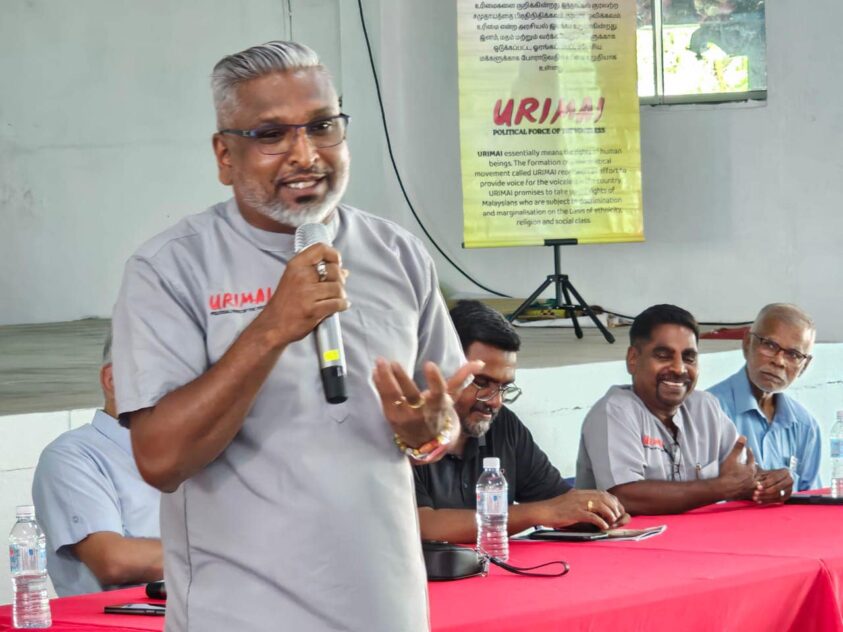THE Malaysian Association of Tour and Travel Agents (MATTA) is asking the government to allow the private sector to stop mandatory contributions to the Employees Provident Fund (EPF), the Human Resources Development Fund (HRDF) and other levies such as Socso and EIS for six months.
It added that immediate deferment of corporate and individual taxes for the year of assessment 2019 and allowing companies to pay only 60% of employee wages for the next six months will help companies navigate through the tough environment due to the Covid-19 pandemic and avoid mass layoffs.
“If such assistance and stimulus are not forthcoming very soon, liquidity issues will force many existing SME tourism companies and facilities to cease operations resulting in a large number of workers losing their jobs,” said MATTA president Datuk Tan Kok Liang.
He said the tourism industry employs more than 3.5 million people (23.5% of our nation’s total employment), representing nearly a quarter of all jobs in Malaysia. It is expected that two in five people or 40% of the people would lose their jobs and this will create a ripple effect on other sectors.
“EPF contributions by both employers and employees should be suspended from March until the end of the year to allow employers to better manage their cash flow and for workers to have more cash for living expenses.
“The government should further assist tourism and related companies by absorbing 60% of staff salaries up to RM4,000 per month for each staff for six months effective April to September 2020. For this month, we have an estimated 90% drop in revenue and we expect the revenue from April to May to be practically nil. This request may seem unreasonable, but we are now under extraordinary circumstances,” Tan said.
Several countries have already started implementing “employee retention” initiatives with the UK and Denmark offering to pay up to 80% of wages. Other countries which have also implemented similar strategies include South Korea, Ireland and Singapore.
“The key point here is to protect jobs. Businesses cannot be expected to keep paying employees when there is little or no income – it’s close shop and lose jobs. Neither is desirable and a win-win solution would be for the government to help both employer and employee by sharing the burden of paying wages,” Tan added.
He said the government and financial institutions must also play their part by expediting special loans since these are guaranteed 80% by Syarikat Jaminan Pembiayaan Perniagaan (SJPP) to tourism and SME companies to help them stay afloat during this challenging period.
“The industry needs to know how much of the RM2 bil special relief facility (SRF) fund has been disbursed to the SME tourism companies as of today,” he added.
On the recent move by Bank Negara Malaysia requesting financial institutions to provide a moratorium for the next six months, MATTA said banks should go beyond their call of duty by allowing a waiver to be made on the interest that is accrued and compounded on conventional loans during the moratorium period.
“How can the SMEs survive with the accumulated interest due and compounded and payable upon the expiry of the moratorium period? Compounding overdue interest is a double whammy for suffering businesses,” said Tan. — March 26, 2020










